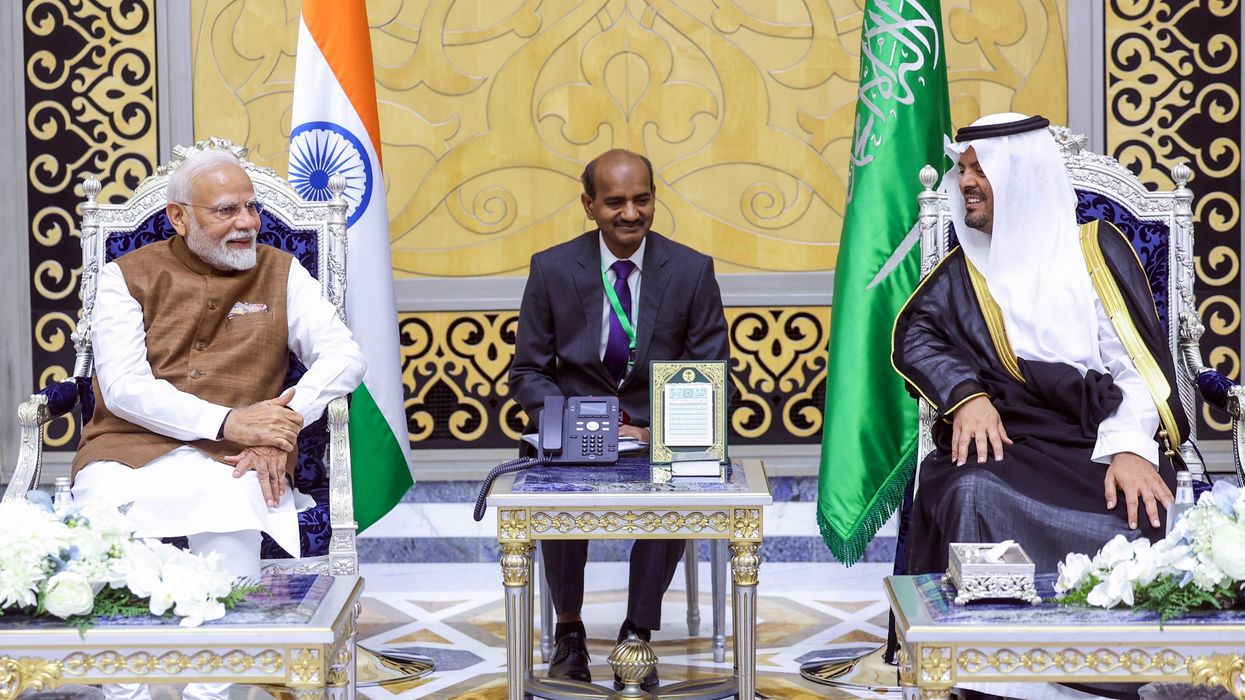INDIA’S prime minister Narendra Modi arrived in Saudi Arabia’s Jeddah on Tuesday (22) for his third visit as prime minister to the oil-rich Gulf kingdom.
The trip came a day after Modi held talks with US vice-president JD Vance in India, with New Delhi looking to seal a trade deal with Washington and stave off punishing tariffs.
“India deeply values its long and historic ties with Saudi Arabia that have acquired strategic depth and momentum in recent years,” said Modi in a statement released by his office.
“Together, we have developed a mutually beneficial and substantive partnership.”
Pictures on Modi’s X account showed him being greeted by several Saudi officials after touching down in Jeddah in the afternoon.
Saudi Arabia has been a key supplier of oil to India, the world’s most populous country, for years.
India’s developing economy relies heavily on petroleum imports, with Saudi Arabia ranked as its third-largest supplier according to the Indian foreign ministry.
The Gulf kingdom is also home to more than two million Indian nationals who have long played a pivotal role in its labour market, helping construct many of the country’s mega-projects while sending billions of dollars in remittances back home each year.
During the two-day visit, Modi is scheduled to meet members of the Indian community.
Both Modi and Saudi Arabia’s de facto ruler Crown Prince Mohammed bin Salman fostered close relations with US president Donald Trump during his first term in office.

















